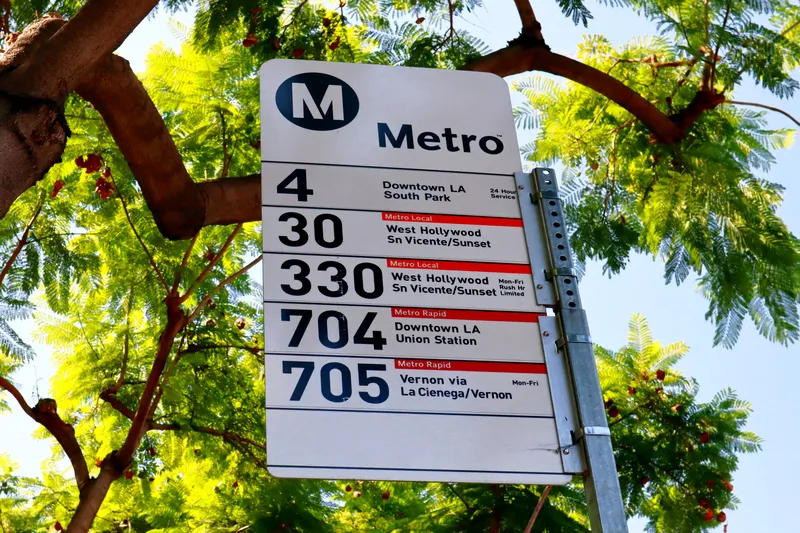The California Air Resources Board (CARB) has approved a statewide regulation which will require public transit agencies to gradually transition to fully zero emission buses by 2040.
The Clean Transit regulation is expected to help transit agencies reduce greenhouse gas emissions by 19 million metric tonnes, nitrogen oxides by 7,000 tonnes and particulate matter by 40 tonnes from 2020 to 2050.
CARB says the regulation will improve air quality, especially in low-income communities. It could also help transit agencies save 1.5 billion in maintenance and fuel costs by 2050.
Each transit agency will be required to submit a rollout plan demonstrating how it intends to purchase clean buses, build out the necessary infrastructure and train the required workforce. Larger agencies will have to submit their plans by 2020 while smaller agencies will have until 2023.
Transit agencies will then follow a phased schedule from 2023 until 2029, by which date all annual bus purchases will need to be zero-emission.
Public Funding for the zero-emission buses and related charging infrastructure will be administered by CARB, the California State Transportation Agency,
In support of the regulation, the Department of General Services is streamlining bus purchases via a single statewide zero-emission bus purchase contract.
Going forward, CARB will conduct regular reviews with transit agencies to help ensure a successful transition.
The deployment of electric buses is also being explored in the UK. Last month,
California to require all bus fleets to be zero-emission by 2040
The California Air Resources Board (CARB) has approved a statewide regulation which will require public transit agencies to gradually transition to fully zero emission buses by 2040.
The Clean Transit regulation is expected to help transit agencies reduce greenhouse gas emissions by 19 million metric tonnes, nitrogen oxides by 7,000 tonnes and particulate matter by 40 tonnes from 2020 to 2050.
CARB says the regulation will improve air quality, especially in low-income communities. It could also help
December 18, 2018
Read time: 2 mins







